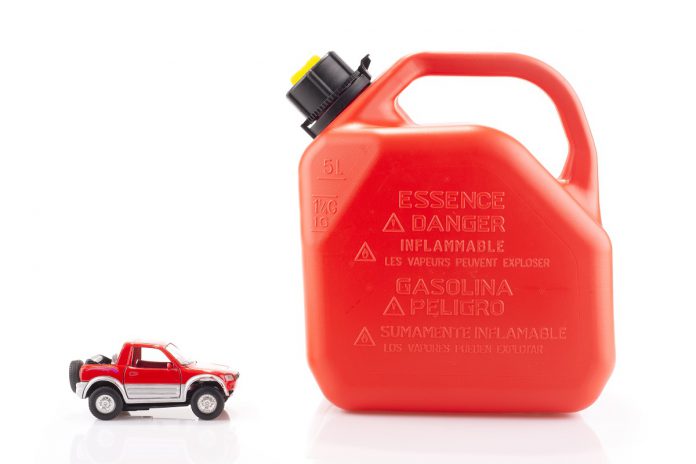by constructaquote - 1 June 2016


Contrary to popular belief, smaller vehicles may actually be worse for fuel economy in comparison to their larger counterparts.
With fuel prices on a steady incline, many people opt for a vehicle with a smaller engine in order to reduce a hefty fuel bill. However, new research suggests that fuel economy estimates are biased against larger vehicles.
Does smaller mean more miles per gallon?
People are often put off larger vehicles based on their poorer estimated miles per gallon (MPG). Smaller vehicles have become more desirable as motorists are consistently advised that they are cheaper to run and more environmentally friendly.
However, based on recent official laboratory statistics, manufacturers’ fuel economy estimations are proving to be less than accurate in practice.
Smaller vehicles have to work harder
Data company, Emissions Analytics, measured and tested 250 petrol vehicles and 250 diesel vehicles. Each were driven over a three hour period, and were found to have an average of 18% fewer MPG than the manufacturers’ estimations.
Emissions Analytics suggest that the inconsistency is because in practice vehicles accelerate more and travel at higher speeds.
Emissions Analytics founder, Nick Molden said: “The problem at the moment is how official tests are leading people to outcomes that are not helping the environment.”
The average MPG for smaller vehicles (engines up to 1ltr) saw the greatest laboratory/practical divide losing 36% compared with the manufacturers estimations.
Although performance levels in larger engines (between 2-3ltr) were generally poorer on fuel consumption, they were much closer to the manufacturers’ estimations with only a 15% deficit.
Maximum fuel economy
The practical tests indicate that 1-3ltr engines offer the best fuel economy and will return around 45-46 MPG.
Molden added: “Where people buy engines that are below 1ltr, you are getting worse fuel economy, therefore you are getting worse CO2 and you may also be getting more nitrogen dioxide, and that’s not what is intended by the regulations.”
Are you still more likely to purchase a vehicle with a smaller engine? Let us know in the comments section below.

by Charlotte Houghton - 7 October 2020
by constructaquote - 6 October 2020
by Charlotte Houghton - 29 September 2020
by Charlotte Houghton - 24 September 2020